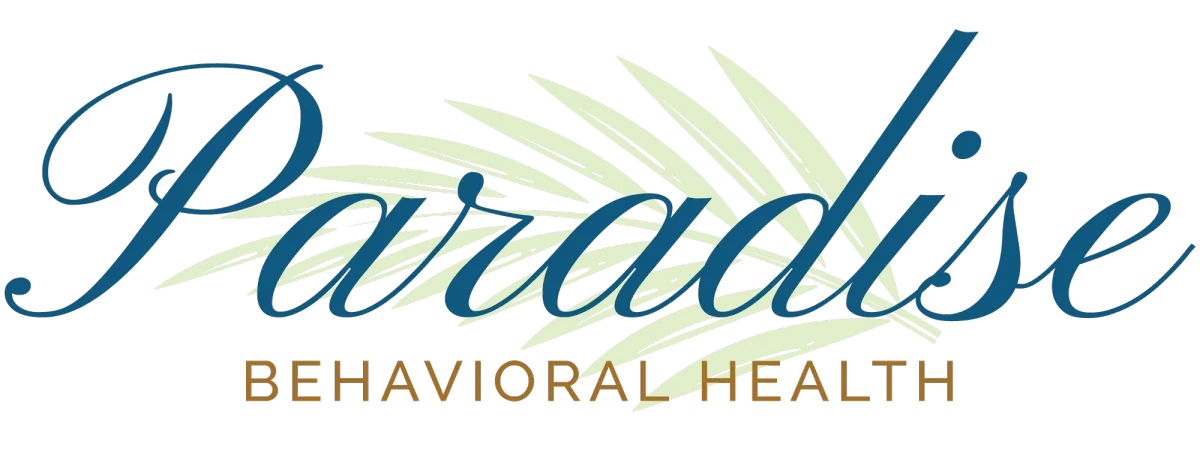Break Free From Anxiety
No More Trial and Error. Personalized Plans Just for You.

Take Back Control

Anxiety can feel overwhelming. You may have tried everything—medications, therapy, lifestyle changes—but nothing seems to work. We know how frustrating it is to feel like no one has the answers.
At Paradise, we do things differently. We specialize in precision psychiatry that looks at your biomarkers from genetic testing & bloodwork labs, medical history, previous treatments, so we can create a personalized treatment plan for you.
Take Back Control
Anxiety disorders affect 40 million adults in the U.S. each year. Yet only 36.9% of those suffering seek treatment.
You don’t have to be part of that statistic.
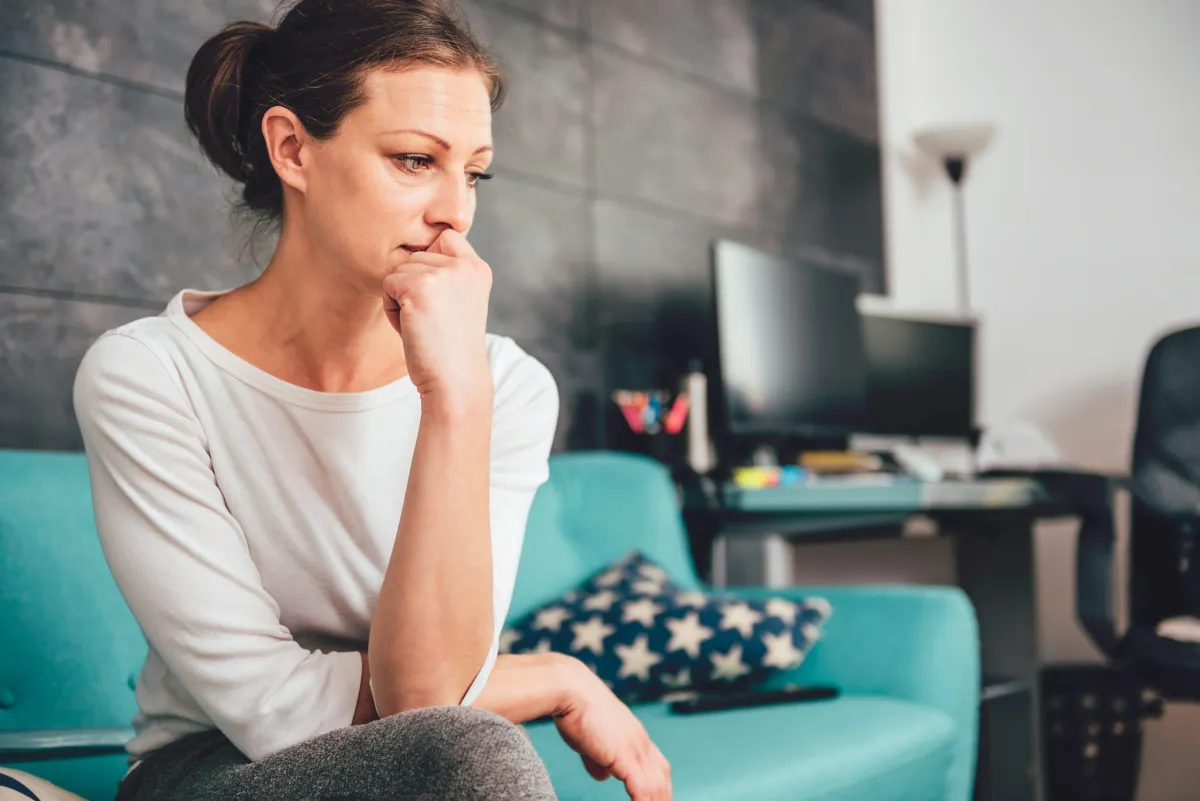
Common Symptoms of Anxiety:
Constant worry or fear
Restlessness; trouble sleeping or staying asleep
Feeling easily fatigued
Difficulty concentrating
Physical symptoms like rapid heartbeat, sweating, or trembling
Avoiding situations that make you anxious
Most Common Types of Anxiety Disorders
Generalized Anxiety Disorder (GAD) is characterized by excessive, uncontrollable worry about various aspects of everyday life. People with GAD often experience restlessness, difficulty concentrating, irritability, and physical symptoms like fatigue or muscle tension, affecting daily functioning and overall well-being.
Panic Disorder is characterized by sudden, intense episodes of fear or discomfort, known as panic attacks. These attacks may include symptoms like rapid heart rate, shortness of breath, dizziness, and feelings of impending doom. Treatment can help manage symptoms and prevent the recurrence of panic attacks.
Social Anxiety Disorder is characterized by an intense fear of social situations where one may be judged, embarrassed, or scrutinized. This can lead to avoidance of interactions, impacting daily life and relationships. Treatment focuses on reducing anxiety and building confidence in social settings, improving overall functioning and well-being.
Phobias are intense fears of specific objects, situations, or activities that provoke anxiety and avoidance. Common phobias include fear of heights, spiders, or flying. These fears can interfere with daily life, but treatment, such as therapy or exposure techniques, can help individuals manage and overcome their phobias.
Obsessive-Compulsive Disorder (OCD) is characterized by persistent, unwanted thoughts (obsessions) and repetitive behaviors or rituals (compulsions) performed to reduce anxiety. These patterns can either mildly or severely interfere with daily life and cause significant distress.
Our Process
1. Evaluation
During your first visit, we’ll conduct a thorough evaluation to understand your specific symptoms, triggers, and medical history. No detail is too small.
2. Treatment Plan
Based on your evaluation, we will create a treatment plan tailored to your needs. This could include medications, therapy, nutritional counseling, or alternative treatments like TMS.
3. Support
Your mental health journey doesn’t stop after your first visit. We’ll continue to assess and adjust your treatment to ensure it works as you heal and grow.
Our Promise to You
Our goal is simple: Help you take back control of your life from anxiety. With our personalized approach, we won’t stop working until we find a treatment that works for you.

REVIEWS
FREQUENTLY ASKED QUESTIONS
What should I expect during my first appointment?
Your provider will conduct a thorough assessment, asking about your symptoms, medical history, and any personal or family history of mental health issues. They may also discuss lifestyle factors, previous treatments, and your goals for treatment.
How often will I need to have an appointment with my provider?
This will vary depending on your individual needs and treatment plan. Initially, you will see your psychiatrist/med manager more often, as recommended. As your symptoms improve, your provider may recommend spacing appointments further apart. Our goal is to ensure you’re getting the right support and make adjustments as needed, so we’ll work together to find a schedule that works best for you.
How is anxiety diagnosed at Paradise Behavioral Health?
Anxiety is diagnosed through a comprehensive evaluation by one of our mental health professionals. This includes a detailed interview about your symptoms, medical history, and lifestyle. Once diagnosed, your provider will work with you to develop a personalized treatment plan to manage your anxiety effectively.
How long does it take to see results from anxiety treatment?
Results vary based on the type of treatment and the individual. The time it takes to see results from anxiety treatment varies depending on several factors, such as the type of treatment, adherence to medication schedule, individual response, and the severity of the anxiety.
Can anxiety be treated without medication?
Yes, anxiety can be effectively treated without medication. Not everyone requires medication. Many patients can manage and reduce their anxiety symptoms through non-medicated treatments, which can be highly successful depending on the severity and type of anxiety. Everyone is different and will react differently to treatment. Speak with your provider to find the appropriate treatment plan for your individual needs. We offer the Brain Well program, which puts emphasis on non-medicated forms of treatment for mental health issues.
Is telemedicine an option for my anxiety treatment?
We prefer for your initial visit to be in-office if possible, allowing you to meet with your provider face to face. However, we are able to offer a telemedicine appointment through the HIPAA compliant Zoom app if you are not able to come into our office in Punta Gorda.
Will my insurance cover treatment for my anxiety?
Insurance coverage varies greatly from one carrier to the next. To get the most accurate information, please check directly with your insurance provider.
Visit Our Treatment Center
25097 E. Olympia Ave. Suite 201, Punta Gorda, FL 33950
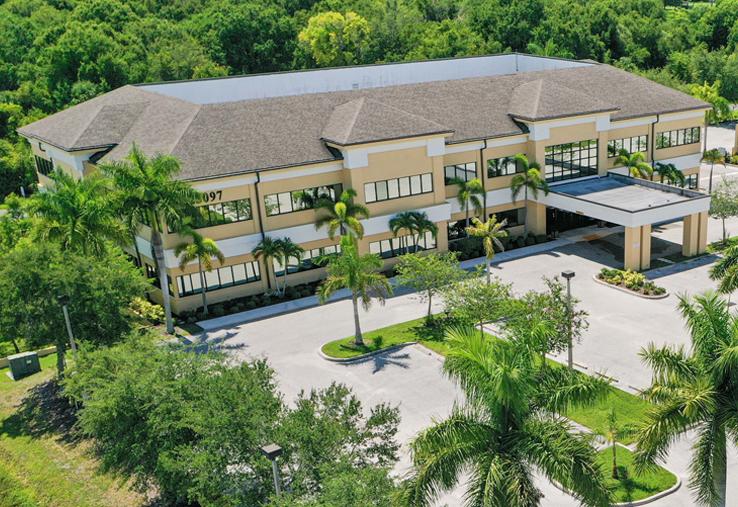
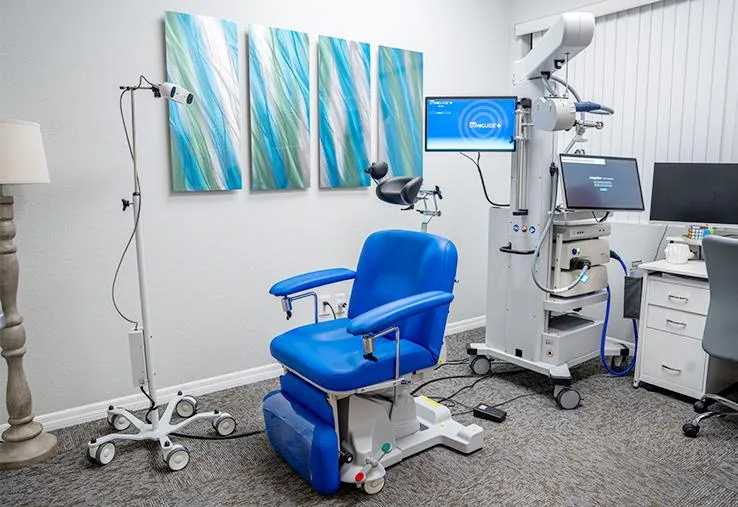
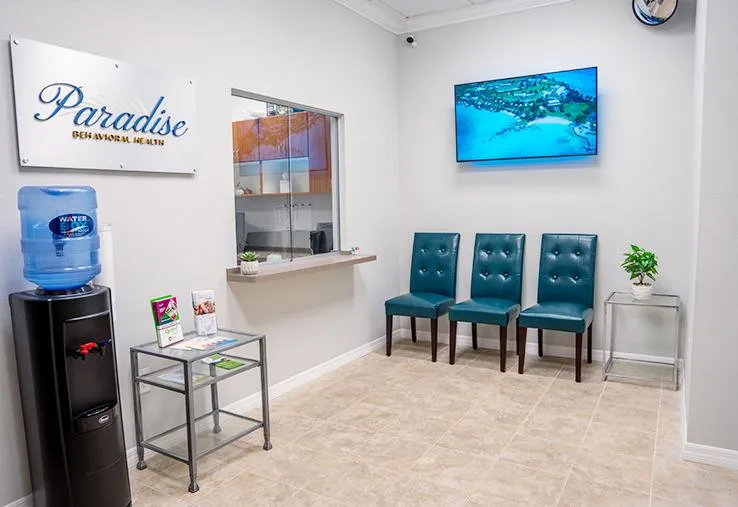
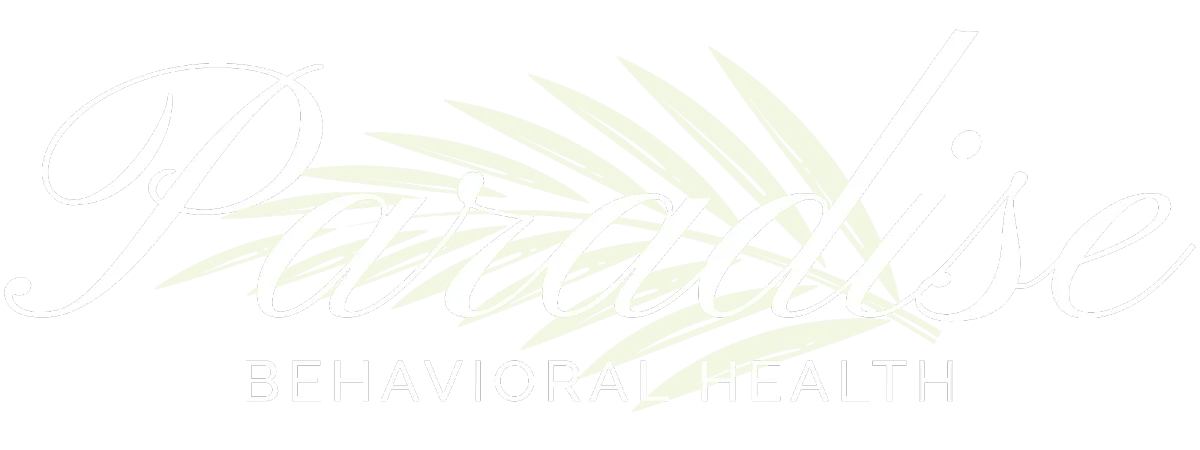
EXPLORE
CONTACT
Office Hours
Monday - Thursday:
9am-12pm & 1pm-5pm
Friday - Sunday: Closed
SUPPORT
If you need immediate support:
National Suicide Prevention Hotline: Call 988
Crisis Text Line: Text HOME to 741741

© 2026 All Rights Reserved Paradise Behavioral Health | Privacy Policy
